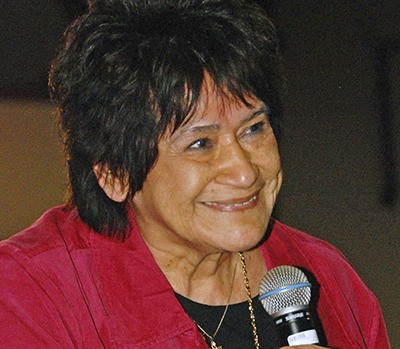Years of declining funding combined with a current $2 billion state budget deficit leaves the treaty Indian tribes in western Washington wondering if the Department of Fish and Wildlife will be able to meet its natural resources management responsibilities.
The shortfall led Gov. Jay Inslee to instruct state agencies to submit budget reduction options equal to 15 percent of the money they receive from the state’s general fund. While there is hope that the governor might spare some or all of the nearly $11 million in budget cut options proposed by WDFW, the results would be devastating if they become a reality.
Hatchery closures and production cuts would mean the loss of more than 30 million salmon and steelhead annually. Fewer enforcement officers would be employed, leaving some areas with little or no coverage. Resource protection would be further decreased by reductions to the department’s Hydraulic Project Approval program that regulates construction in state waters.
In just the past six years, the department has cut more than $50 million from its budget, much of it from hatchery production. During that time tribes have picked up the tab to keep salmon coming home for everyone who lives here. Tribes are doing everything from taking over the operation of some state hatcheries to buying fish food and making donations of cash and labor to keep up production at other state facilities. That is in addition to the 40 million salmon and steelhead produced annually at tribal hatcheries.
Meanwhile, wild salmon populations continue to decline because of the ongoing loss of habitat that state government is unable to stop. The loss of wild salmon and their habitat already has severely restricted the tribes’ abilities to exercise our treaty-reserved fishing rights. Additional state budget cuts would only worsen the situation.
Budget problems do not excuse the state from its obligations to follow federal law and uphold commitments made by the United States in treaties with Indian tribes. Our treaties and the court decisions that upheld them are considered the “supreme law of the land” under the U.S. Constitution. As salmon co-manager with the tribes, the state of Washington does not have the option of turning its back and walking away.
Hatchery programs are especially important to fulfilling the treaty right that salmon must be available for tribes to harvest. Without hatcheries and the fish they provide, there would be no fishing at all by anyone in Western Washington. We must have hatcheries for as long as natural salmon production continues to be limited by poor habitat.
Further cuts to WDFW’s budget would be another step backward in our efforts to save the salmon. Gov. Inslee should look someplace else for the funding that the state needs.
He should not try to balance the state budget on the backs of the fish and wildlife resources and the people who depend on them.
Lorraine Loomis is chair of the Northwest Indian Fisheries Commission. See www.nwifc.org.



